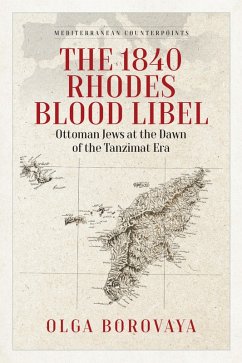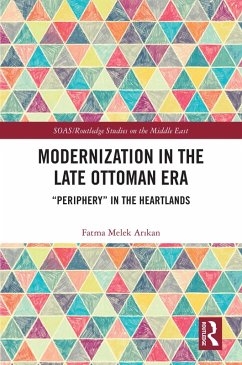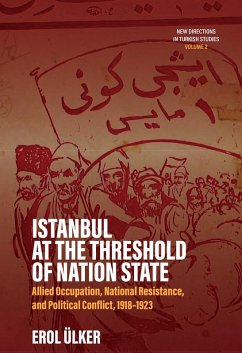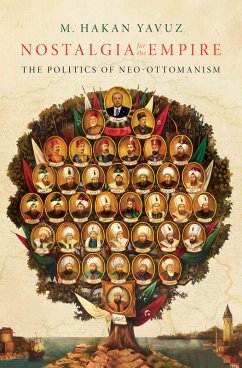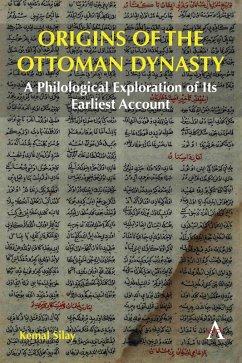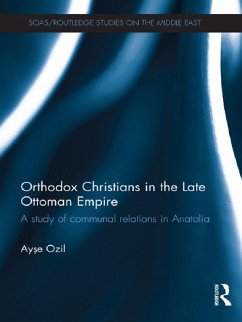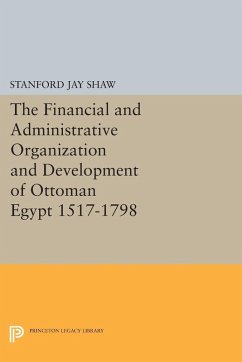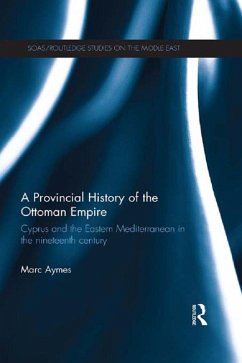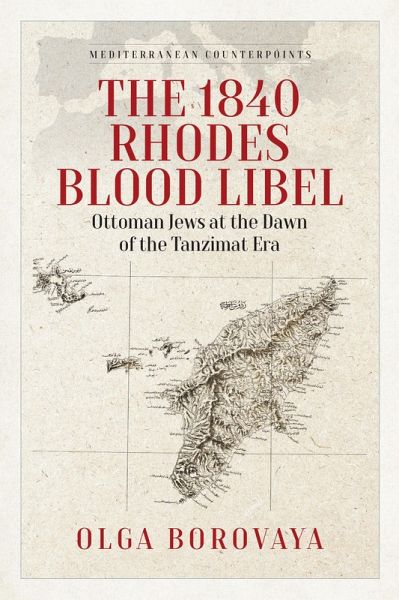
The 1840 Rhodes Blood Libel (eBook, PDF)
Ottoman Jews at the Dawn of the Tanzimat Era
Versandkostenfrei!
Sofort per Download lieferbar
18,95 €
inkl. MwSt.
Weitere Ausgaben:

PAYBACK Punkte
9 °P sammeln!
The Rhodes blood libel of 1840, an outbreak of anti-Jewish violence, was initiated by the island's governor in collusion with Levantine merchants, who charged the local Jewish community with murdering a Christian boy for ritual purposes. An episode in the shared histories of Ottomans and Jews, it was forgotten by the former and, even if remembered, misunderstood by the latter. The 1840 Rhodes Blood Libel aims to restore the place of this event in Sephardi and Ottoman history. Based on newly discovered Ottoman and Jewish sources it argues that the acquittal of Rhodian Jews is adequately unders...
The Rhodes blood libel of 1840, an outbreak of anti-Jewish violence, was initiated by the island's governor in collusion with Levantine merchants, who charged the local Jewish community with murdering a Christian boy for ritual purposes. An episode in the shared histories of Ottomans and Jews, it was forgotten by the former and, even if remembered, misunderstood by the latter. The 1840 Rhodes Blood Libel aims to restore the place of this event in Sephardi and Ottoman history.
Based on newly discovered Ottoman and Jewish sources it argues that the acquittal of Rhodian Jews is adequately understood only in the context of the Tanzimat and the Sublime Porte's foreign relations. Contrary to the common view that Ottoman Jews did not experience the impact of the Tanzimat reforms until the mid-1850s, this study shows that their effects were felt as early as 1840. Furthermore, this book offers a window onto life and intercommunal relations in the Eastern Mediterranean during the late Ottoman era.
Based on newly discovered Ottoman and Jewish sources it argues that the acquittal of Rhodian Jews is adequately understood only in the context of the Tanzimat and the Sublime Porte's foreign relations. Contrary to the common view that Ottoman Jews did not experience the impact of the Tanzimat reforms until the mid-1850s, this study shows that their effects were felt as early as 1840. Furthermore, this book offers a window onto life and intercommunal relations in the Eastern Mediterranean during the late Ottoman era.
Dieser Download kann aus rechtlichen Gründen nur mit Rechnungsadresse in A, D ausgeliefert werden.




